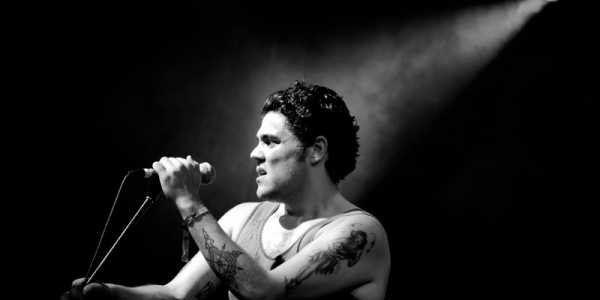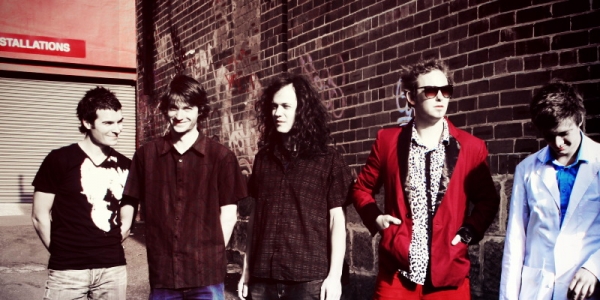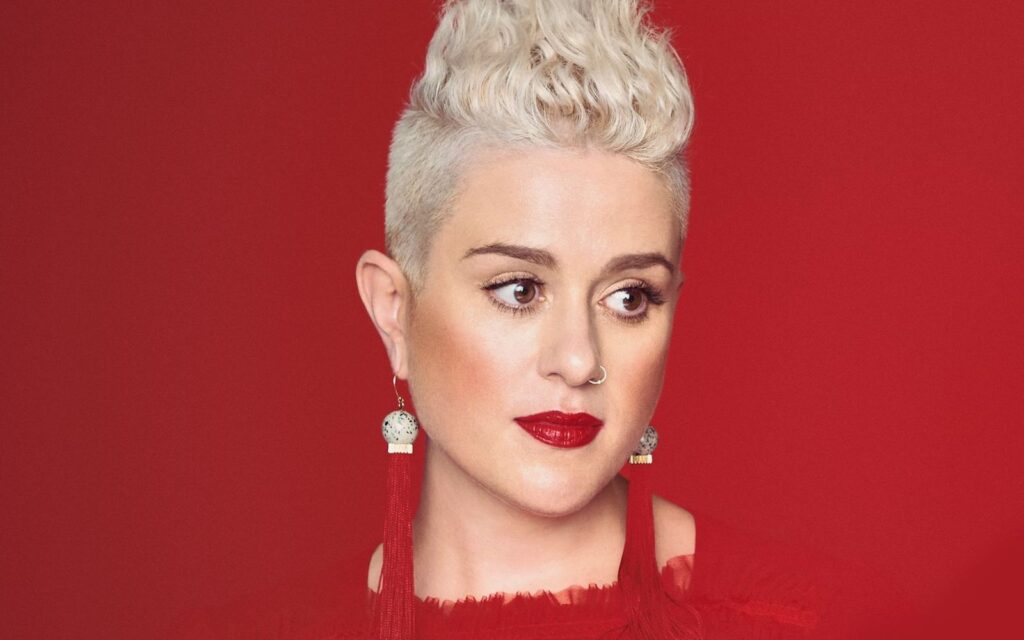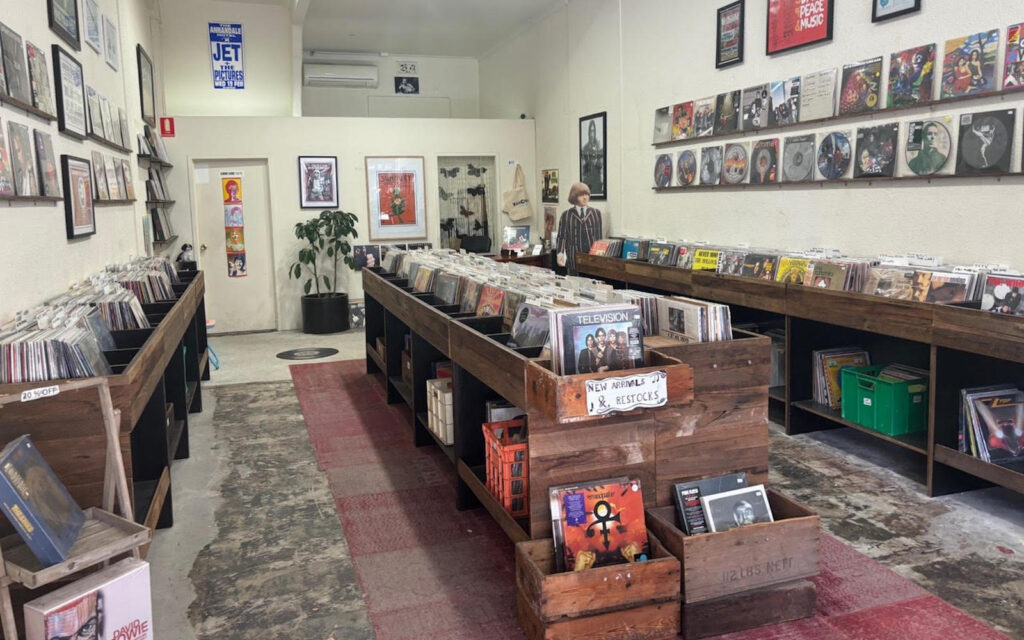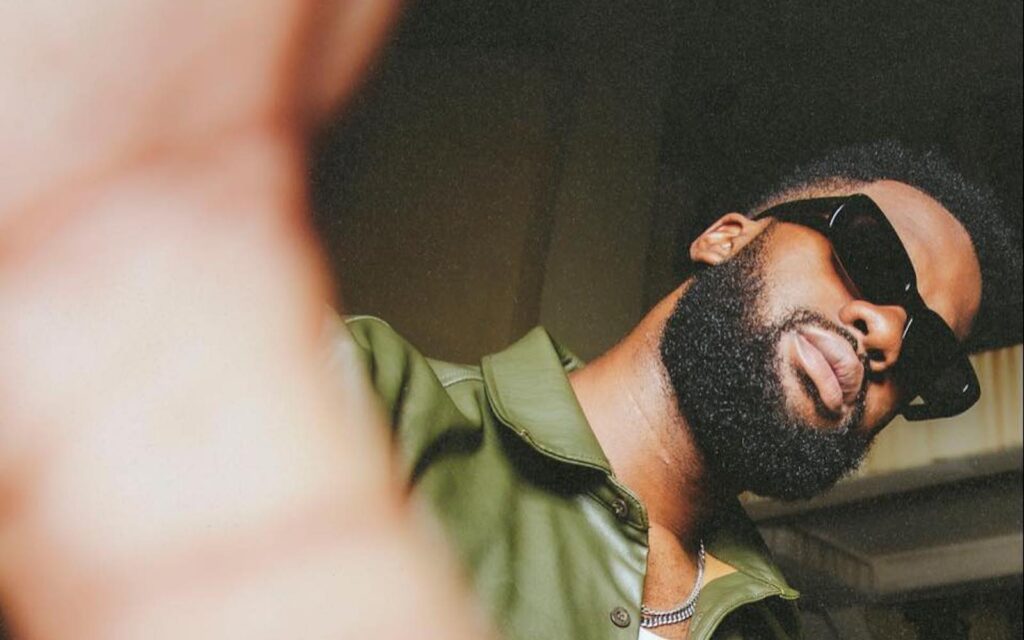Such acts have not necessarily improved the living conditions of Indigenous Australians – health, education, social and economic statistics remain a matter of national embarrassment – yet symbolism remains significant. “It’s very important,” comments Melbourne singer-songwriter Dan Sultan. “We’ve got a long way to go, and I think there’s a big road ahead of us. These things that some people might think are just symbolic are very important to me and my family – I don’t want to speak for every Aboriginal person, but symbolism is the basics, and there’s a lot more work to be done,” Sultan says.
A Gurindji man, Sultan doesn’t claim to be a political activist, but he’s acutely aware of the issues facing Indigenous people and the importance of his role in championing efforts to improve the position of Indigenous Australians. Sultan’s mother is a member of the Stolen Generation – a topic addressed in his song Roslyn – and Sultan is, de facto, a role model for young Indigenous people.
In early November, Sultan will headline the Rock For Recognition shows in Melbourne, Sydney, Perth and Fremantle. Supported in each state by fellow Indigenous musician Leah Flanagan, and with special guests in each state, the aim of Rock for Recognition is to build community support for a change to the Australian Constitution to formally recognise Aboriginal and Torres Strait Islander people.
Sultan says that, while ‘real’ improvement to the conditions of Indigenous people remains a critical focus, the mere recognition of Aboriginal and Torres Strait Islander people is a significant first step. “We have to start with the basics, like acknowledgement in the Constitution, and being paid the respect of an apology for the wrongs that have been committed,” Sultan says. “We’re at a point where if non-Indigenous Australia was ready to do something about it, that’d be good, but if they’re only ready to do symbolic things, then that’s nothing to turn your nose up at. It’s a good start – it’s a start, which is more than nothing.”
In that context, Sultan says he was moved by Kevin Rudd’s apology 2008. “When Kevin Rudd apologised, I accepted the apology – my mother was taken away, and that decimated my family, as it did a lot of Aboriginal families,” Sultan says. “It was a form of genocide. I think the day of the apology was a beautiful day in Australian history, and I think it’s something a lot of nations around the world really admire that that happened, and it’s something to be proud of.”
There is, however, a risk in events such as Rock For Recognition that the political message will be preached to the converted. How far can this type of event genuinely convert previously sceptical or agnostic members of the community? Sultan admits the risk is there, but even if only a few people come around, progress is being made. “There’s something in that, but as long as we’re out there doing what we can, then you’ll always get a few people on board who haven’t been exposed to the issues,” Sultan says. “There’s a bit of a risk of [preaching to the converted], so it’s important to get a few bands in the future whose fans who might not be too aware of what’s going on.”
Despite his starring role in the upcoming shows, Sultan doesn’t see himself taking on an overtly political role – he’s a musician with an interest, not a political activist brandishing a placard. “I’m not a politician, and there’s a lot more people out there who know a lot more about this issue than I do, who’re doing a lot of work,” Sultan says. “But obviously I support what’s being proposed, but as a musician I’m just looking to put on some shows and hopefully get some people clued up. There might be a lot of people who’re sympathetic, but they might not know all the ins and outs of everything.”
Sultan, a former drummer in sadly departed Melbourne band The Roys (“Drumming was always a bit of a hobby. I was never really much of a drummer, and I’m still not much of a drummer [laughs]”), says he doesn’t see himself in a formal mentoring role to young Indigenous musicians, though he’s always happy to convey the benefits of his experience to up and budding musicians. “I’m happy to, though I haven’t done anything in an official sense. I’m happy to sit down with anyone, and I have spoken to a few people,” Sultan says. “Leah Flanagan is a great musician, and we both started out around the same time, playing shows. I’m not sure I see myself in a role model sense. If someone’s a role model or mentor, then it requires other people to see them in that way, and I don’t see myself like that. But at the same time I’m not going to turn anyone away. I’ve been shown a lot of support by both Indigenous and non-Indigenous musicians. And if I can pay some of that back, that’s great.”
BY PATRICK EMERY
